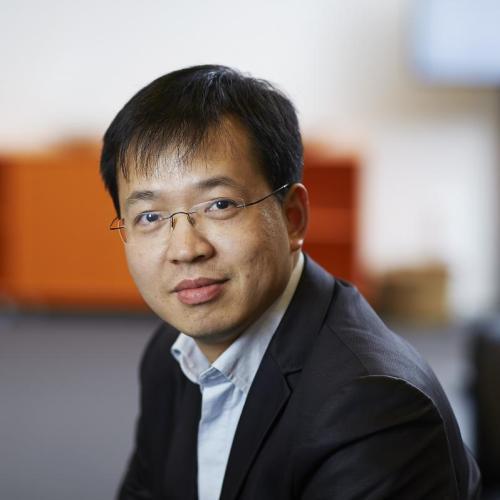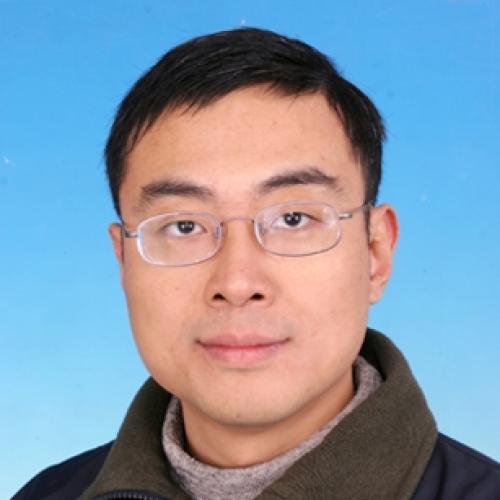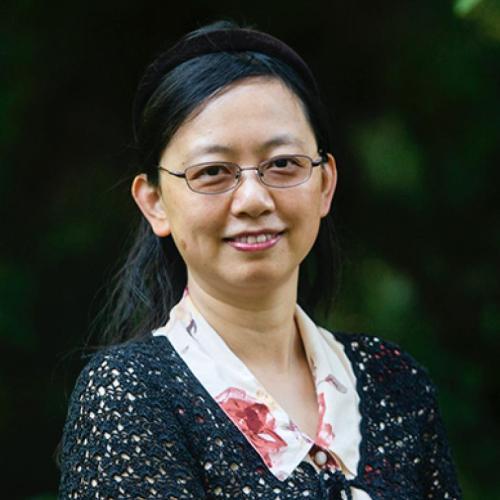Position(s)
Contact
Country
CAN
Contact
Country
CHN
Affiliation
Huazhong University of Science and Technology
IEEE Region
Region 10 (Asia and Pacific)
Email
Contact
Country
CHN
Affiliation
Huawei Technologies Co., Ltd
IEEE Region
Region 10 (Asia and Pacific)
Email
Contact
Contact
Contact
Country
AUS
Contact
Email
Contact
Country
USA
Contact
Email
Contact
Country
IND
Contact
Contact
Country
CAN
Affiliation
Royal Military College of Canada (RMC)
IEEE Region
Region 07 (Canada)
Email
Contact
Country
CHN
Affiliation
Huazhong University of Science and Technology
IEEE Region
Region 10 (Asia and Pacific)
Email
Contact
Email
Contact
Country
IND
Affiliation
National Institute of Technology Silchar
IEEE Region
Region 10 (Asia and Pacific)
Email
Contact
Country
MYS
Affiliation
The National University of Malaysia (UKM)
Contact
Contact
Contact
Country
CHN
Affiliation
Beijing Jiaotong University
IEEE Region
Region 10 (Asia and Pacific)
Email
Contact
Country
ITA
Affiliation
University of Pisa
IEEE Region
Region 08 (Africa, Europe, Middle East)
Email
Contact
Contact
Country
GBR
Contact
Country
AUS
Contact
Country
SDN
Personal Gender Pronouns
(he/him)
Affiliation
University of Nyala
Contact
Country
CHN
Affiliation
Huawei Technologies Co., Ltd
IEEE Region
Region 10 (Asia and Pacific)
Email
Contact
Email
Contact
Country
IND
Contact
Country
IND
Personal Gender Pronouns
(she/her)
Affiliation
SRI SAI RAM ENGINEERING COLLEGE, CHENNAI-600044.
Contact
Country
CAN
Contact
Country
IND
Affiliation
VISAT Engineering College
IEEE Region
Region 10 (Asia and Pacific)
Email
Contact
Country
CHN
Affiliation
Navigation College, Jimei University
IEEE Region
Region 10 (Asia and Pacific)
Email
Contact
Country
ITA
Personal Gender Pronouns
(he/him)
Affiliation
University of Florence
Contact
Contact
Contact
Country
CAN
Contact
Country
CHN
Contact
Contact
Country
CAN
Contact
Affiliation
Department of Mechatronics Engineering, Faculty of Engineering, Mansoura University.
Email



































